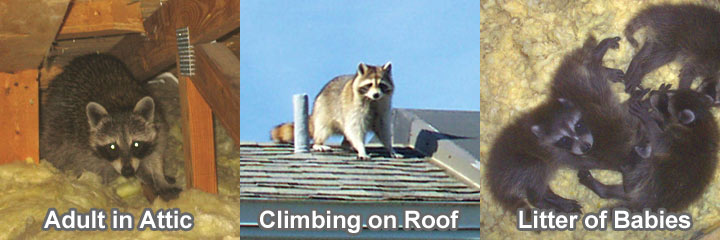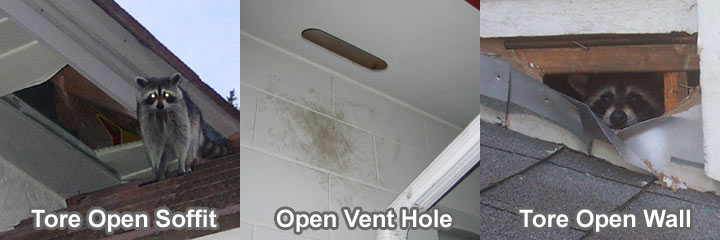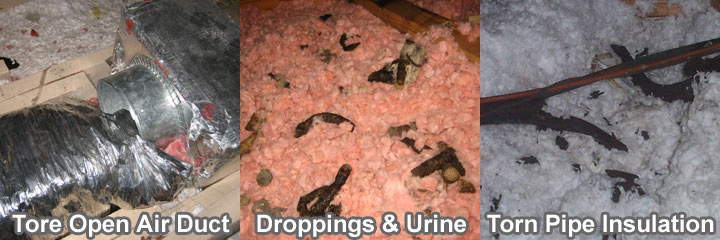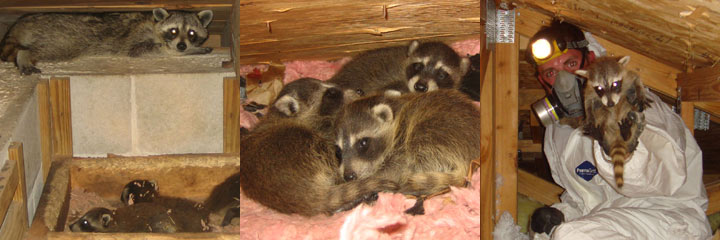24/7 Cell Phone: 661-902-0783




Lancaster California Raccoon Control Situation: Should I feed a baby raccoon I found?
Baby raccoons, commonly known as kits, are rarely ever left on its own. Female raccoons are very much motherly and protect their offspring. If you found a baby raccoon, then it may have strayed from its den while the mother slept. Since raccoons are nocturnal creatures, it is best to wait until the next day, before you move the baby. The adult raccoon should find its offspring within 2-8 hours, but to answer the question on whether to feed a baby raccoon that you found, the answer is no, at least not immediately.
You should first assess the state you found the raccoon in, before any action is taken. If the kit is orphaned, then chances are that you would find flees or larvae from fly eggs on its body. This would mean that the mother has been missing for days. Other indications are if the baby raccoon looks very thin or you notice dark urine. This is a sign of dehydration. You may also notice if it has an injury but I would not go touching the raccoon just yet. Done a pair of gloves if you must because raccoons carry many diseases, rabies being one of them. If the you notice that its eyes are shut, it could mean that it is less than 3 weeks old. Baby raccoons are born blind and deaf so opening their eyes would usually take up to 3 weeks.
Closed-eyed baby raccoons that are found could happen for several reasons as well. One scenario is that the mother was killed and the baby was left on its own. The den where the baby was born could have been destroyed and the baby could have been left by accident whilst the mother moved them to another location. Maybe some animal such as a cat or a pet found the baby raccoon, took it from its den and dropped it somewhere. In any scenario, it is best to wait for a couple hours before you take action, unless you have successfully determined that the baby was indeed orphaned.
Once you decide that you would a few hours, you can, protect the raccoon from surrounding elements that may cause it harm. Place it on some warm bedding in an open box or a pet carrier. You can also put a hot water bottle, filled with warm water or warm rice, next to the kit to keep it warm. Do not touch the raccoon with your bare hands because apart from the diseases, you do not want the mother to smell your scent on its baby. You should also check the kit for any injuries and if you can, remove any parasites or larvae from around its eyes.
If you have determined that the baby raccoon is indeed orphaned, then you can feed it kitten or puppy milk, very slowly. You do not want to risk the baby raccoon inhaling the liquid into its lungs from feeding it too quickly. Should the kit seem severely dehydrated, you should probably feed it Pedialyte, the same that you feed human children. Of course, do not forget to contact the relevant authorities such as the wildlife rehabilitator who would be better equipped to care for the kit.
If you wish to learn more, click on the How to Get Rid of Raccoons in the Attic home page. For wildlife control, animal trapping services, and raccoon control in Los Angeles County, California, call us at 661-902-0783, and ask to talk about raccoons in the attic in Lancaster, CA.